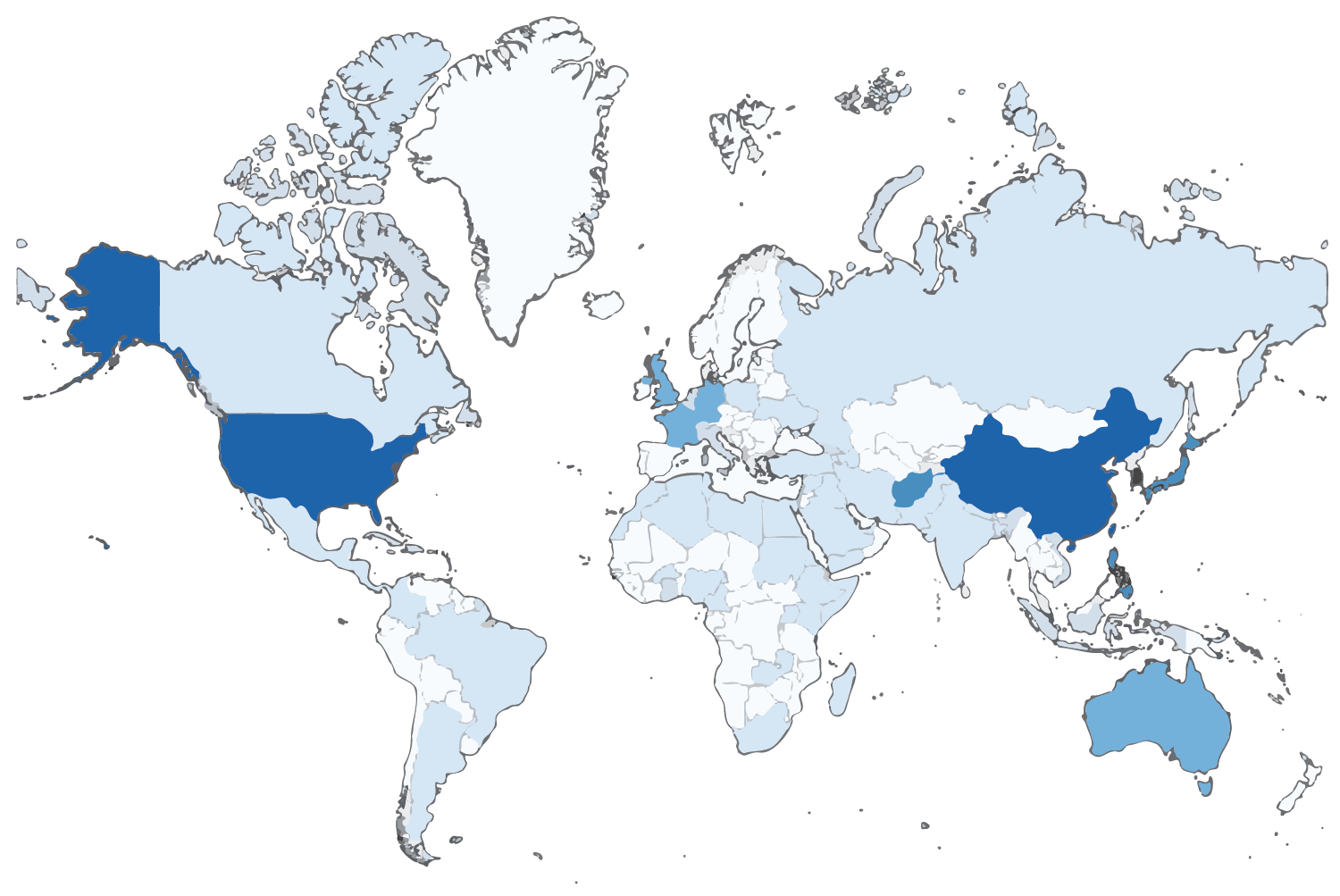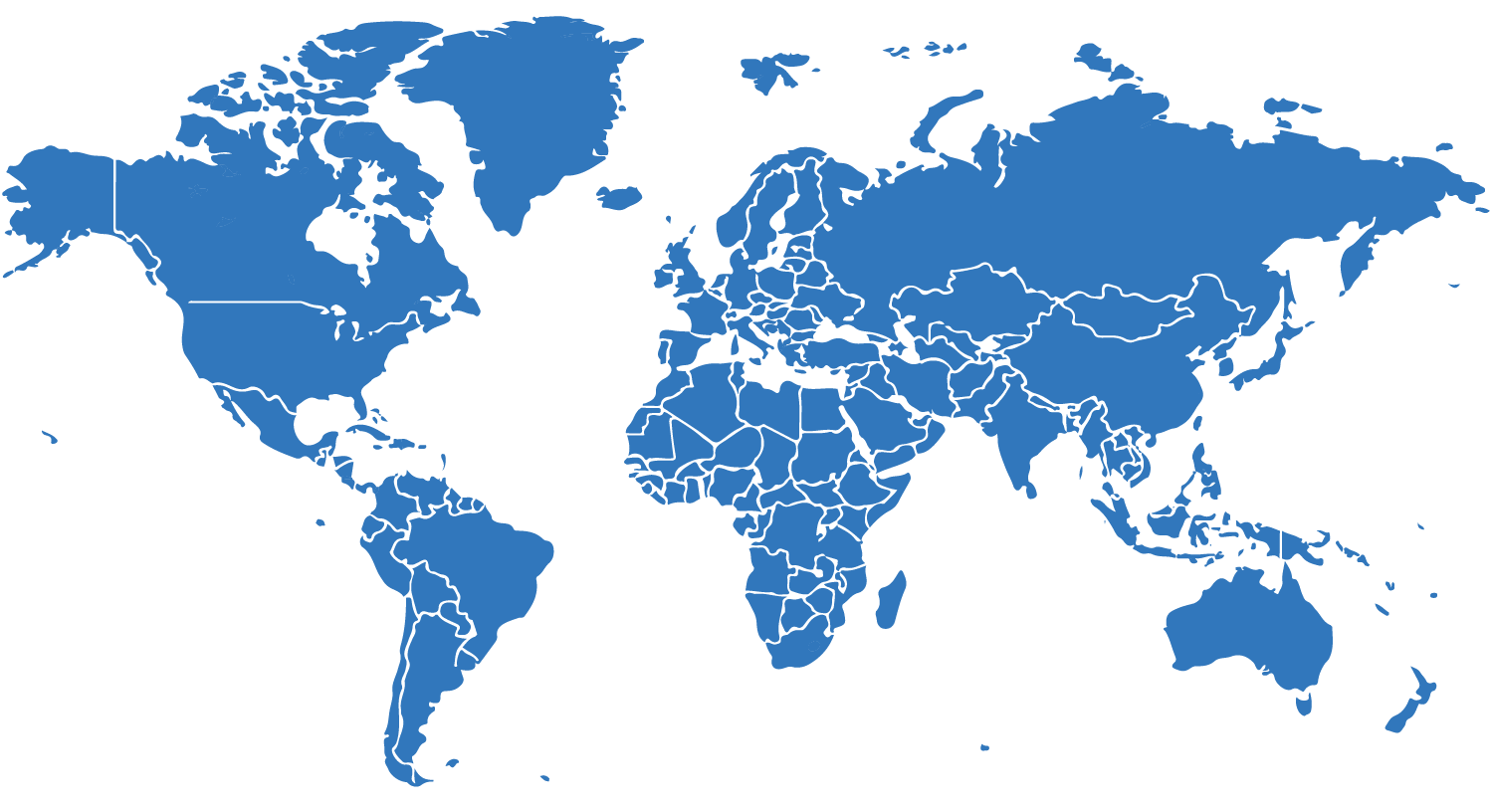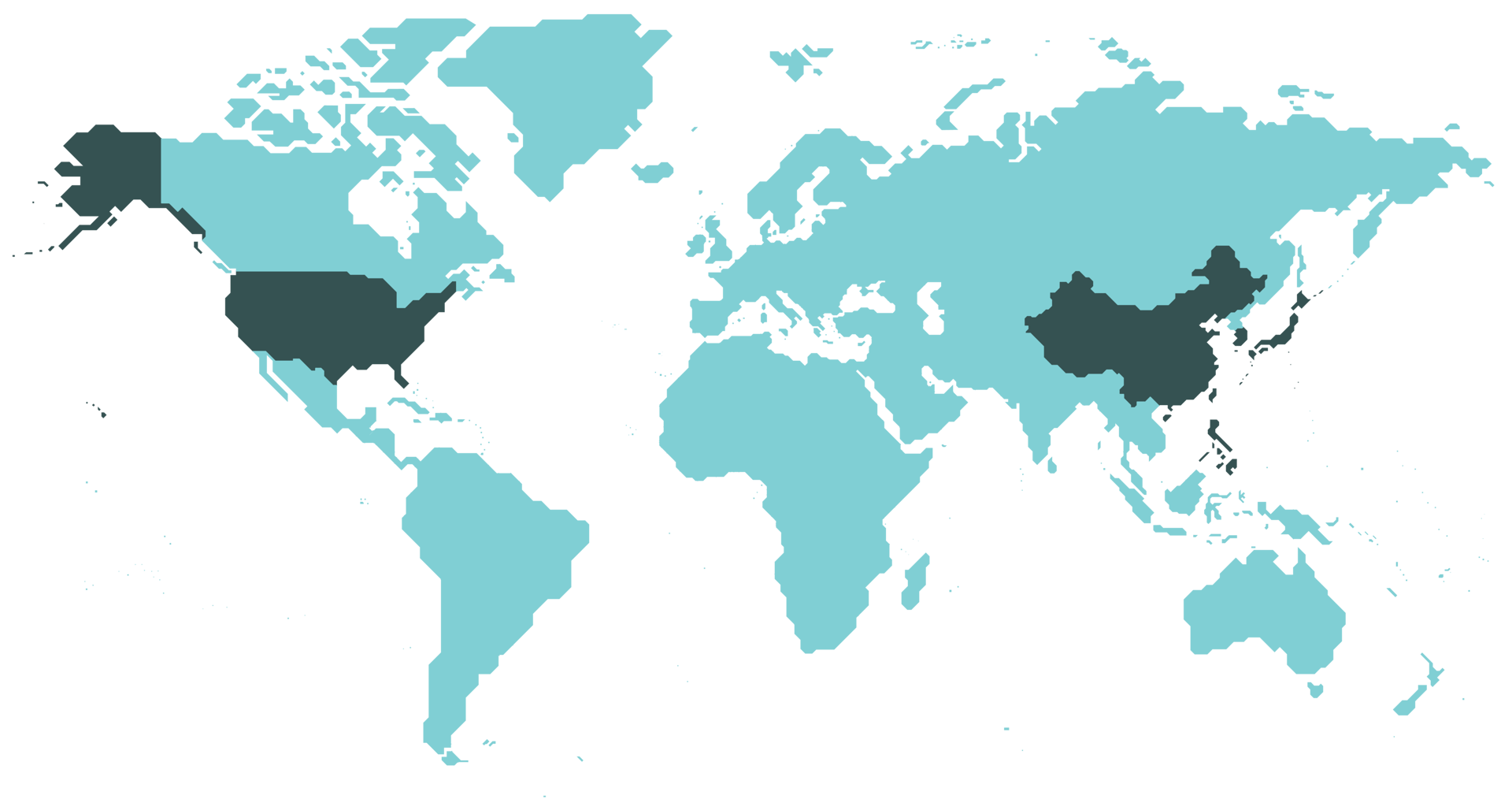Note: For an optimized experience, please view on a desktop device.
What kinds of barriers do migrants face in finding out information?
Where should information about immigrating to Canada be placed to reach those who need it?
How important is social media and the Internet to potential migrants?
FINDING CANADA
FINDING CANADA


Yusuf, 34, from Turkey

I followed one of the Turkish influencers, who introduced me to Canadian regulation. They made many videos, even about the challenges of moving to Canada.

The decision to immigrate to a new country is monumental for individuals. To make their decision, potential migrants rely on information from personal contacts but also from what they are able to find through Internet sources and social media platforms.
CERC Migration undertook a research study to investigate how would-be migrants find information to inform their decision to leave their home for a new country.
In our new study, we surveyed more than 2,000 individuals who were now based in Canada and asked them to reflect on their experience before leaving their country of origin to understand how they found information through online sources.
Our respondents confirmed that the Internet and social media platforms mattered to them.
This study will be of interest to “information providers” such as government departments and immigrant-serving organizations that are trying to reach potential immigrants to provide them with the information they need to ensure a smooth settlement experience once they arrive in Canada.
We also wanted to know what barriers they encountered to finding information, or accessing the Internet. We also looked at which platforms they are using in their country of origin.
This study will be of interest to the government departments and agencies and any immigrant-serving organization that struggles to reach potential immigrants to provide them with the information they need to ensure a smooth settlement experience once they arrive in Canada.
of respondents used a social media platform to find information before coming to Canada
Locations our survey respondents come from
Number of respondents by country of origin
0
1 - 25
26 - 50
51 - 100
101 - 150
151 - 200
201 - 300
To help us understand the prevalence of the use of the Internet and social media, generally, we first asked participants, who confirmed they were digital users, what were their primary reasons for using the Internet.
Searching for information in one’s home country is not always easy because Internet quality can be quite poor. We assessed the quality of their experience based on the simple measure of page loading speed to understand how this might affect use according to their geographic region or country.
Internet use
Primary reason for using the Internet
Speed of the Internet
%
Connect with others
Learn
Find information
Explore
news and entertainment
Other
%
Quite quickly
Long, but not too long
Quite a long time
A very long time

Need training
No interest
Cost
Need tools
For the 12% of our respondents who were not able to use the Internet or a social media platform, we asked them why.
We drilled down to understand more about barriers. Since 9% of respondents lived in a rural or small community, we asked them to rate the quality of their network coverage.
of respondents noted insufficient network coverage to use social media apps
Barriers to Internet use
Quality of the Internet experience for rural potential migrants
Quality of the Internet experience for those living with a disability
Within our survey sample, 4% were living with a disability, and as many as 90% of that group required some type of specialized software to access the internet. Those with a disability, who do not use the internet, reported that the main reasons were:
Aria, 20, from China

Before I came to Canada I would have used YouTube, but we have VPN limitations. I did not have a VPN back there (China).
Ange, 32, from South Korea

I spend the majority of my time on Facebook on information regarding immigration. I would find posts with general information about a similar situation and then I would ask for specific information for my situation.
Before coming to Canada, where did potential migrants find information for key topics?
Education
Housing
Employment
Community programs & mentoring

The specific social media platforms that migrants use to find information is of utmost importance to information providers because some platforms are not as popular in their country of origin, or there is limited access to those platforms.
Potential migrants will choose a particular platform based on the specific type of information they are looking for.
The top 5 social media platforms from each of the top 20 respondent countries
Migrants will use different types of platforms depending on the information they are searching for. With an understanding of where migrants are looking, information providers can help target communication to where it will be most effective.
Social media use and
preferred platforms
Most popular social media platforms according to country
Sponsored content
Company page
Online community
Social media posts
Search engine
Did not search
Sponsored content
Sponsored content
Sponsored content
Company page
Company page
Company page
Online community
Online community
Online community
Social media posts
Social media posts
Social media posts
Search engine
Search engine
Search engine
Did not search
Did not search
Did not search
Sofia, 29, from Mexico

“The only association that I found was one that is a cultural association... So my next step was to resort to social media. I use Facebook, Instagram. I was looking for Facebook groups for Mexicans or Latin Americans in Halifax.
Fatima, 23, from Afghanistan

It was so transparent what I saw on Instagram. It was good and bad. I knew it would be challenging.
Migrants are more digitally connected than ever before. The Internet and social media has proven to be an essential tool for seeking information and support for migrants as they navigate the path to a new country.
Yet, many face barriers to accessing the online world, either due to their geographic location or limited access to certain platforms in their home country. These obstacles remind us that information providers need to pay attention to these limitations when developing effective communications with their potential newcomer audience.
For those eager to delve deeper into our findings and insights, please contact Stein Monteiro steim@torontomu.ca for more information on accessing the data.
Conclusion
The decision to immigrate to a new country is monumental for individuals. To make their decision, potential migrants rely on information from personal contacts but also from what they are able to find through Internet sources and social media platforms.
CERC Migration undertook a research study to investigate how would-be migrants find information to inform their decision to leave their home for a new country. This research builds on a previous study led by CERC Migration that showed that social media was used by immigrants extensively to help them get established in Canada.
In our new study, we surveyed more than 2,000 individuals who were now based in Canada and asked them to reflect on their experience before leaving their country of origin to understand how they found information through online sources.
Our respondents confirmed that the Internet and social media platforms mattered to them.
We also wanted to know what barriers they encountered to finding information, or being able to use the Internet, altogether. We also looked into the demographics of Internet users to see whether there are certain demographic or geographic categories where use is more likely. (i.e. are there gender differences and country of origin differences.)
This study will be of interest to the government departments and agencies and any immigrant-serving organization that struggles to reach potential immigrants to provide them with the information they need to ensure a smooth settlement experience once they arrive in Canada.
Top five countries where respondents were from
of respondents used a social media platform to find information before coming to Canada
Demographics

